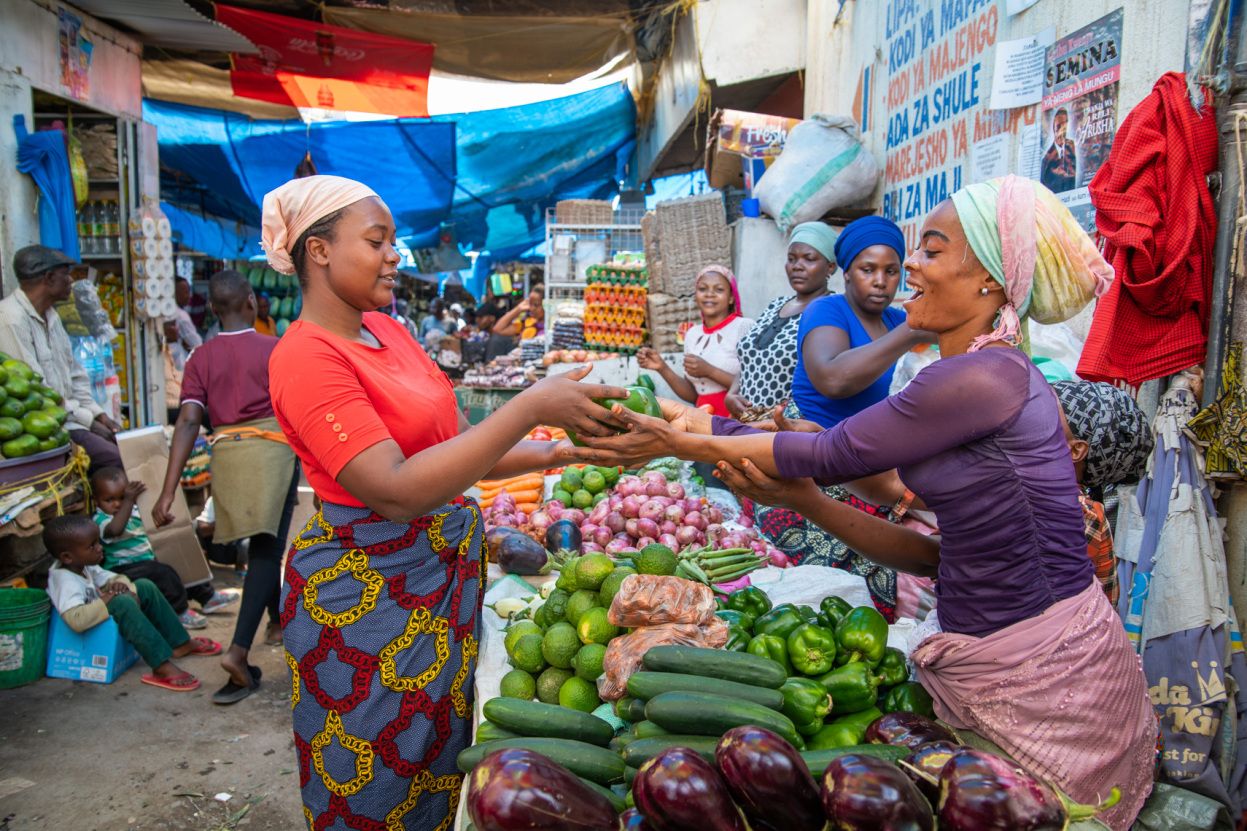On 29 September, the world marks International Day of Awareness on Food Loss and Waste Reduction. In line with the theme “Reducing Food Loss and Waste: Taking Action to Transform Food Systems”, the East African Community (EAC), in collaboration with the Deutsche Gesellschaft für Internationale Zusammenarbeit (GIZ) GmbH, works together with Partner States across all agricultural levels, from cross-border traders and SMEs to government policymakers and international exporters, to strengthen value addition in the Fruits and Vegetable (F&V) sub-sector.
The sub-sector plays a significant role in the economic development of the region, variably contributing between 20% and 30% of agricultural Gross Domestic Product (GDP) on average. The volume of EAC trade in the global F&V market is estimated at around 1.28 million tons per year. Despite this contribution, the F&V sector in the EAC is beset by significant levels of post-harvest losses, at times reaching 35% to 60%, that make it difficult for the region to optimally reap the opportunities in the sector. Research conducted in the EAC over the years has established and documented that post-harvest losses occur throughout the F&V value chain. The relevance of Post-Harvest Loss Management (PHLM) stems from the fact that it is central to poverty reduction, improvement of livelihood through sustainable food security, increased confidence of farmers, economic development and environmental sustainability. In this regard, the EAC, with the support of GIZ’s “Support to East African Market-Driven and People-Centred Integration” SEAMPEC, through the GFA consulting group, developed the “EAC Post-Harvest Loss Management Strategy and Action Plan for the Fruits and Vegetables Value Chain, 2020-2030.”
Adoption of the strategy came at a time when the world was tackling the global challenge of how to ensure food security for a growing population while ensuring long-term sustainable development. To achieve zero hunger, strategic investment to support the reduction of post-harvest loss and food waste is required. According to the Food Agriculture Organization (FAO), food production will need to grow by 70% to feed the world population, which will reach 9 billion by 2050. Further trends like increasing urban population, shift of lifestyle and diet patterns of the rising middle class in emerging economies along with climate change put considerable pressure on the planet’s resources, declining freshwater resources and biodiversity and loss of fertile land.
The strategy aims at providing strategic and targeted investment in the EAC F&V sub-sector to reduce post-harvest losses from the current 40% to 20% on average by 2030. To achieve this, the “Support to East African Integration” (SEAMPEC II) programme, supports the EAC in the implementation of the strategy and action plan. The strategy proposes the adoption of a series of interventions, such as promoting good production practices to address pre-harvest losses, strengthening market systems and infrastructure and incorporating climate change management systems.
It highlights factors that lead to post-harvest losses; these include:
- Lack of local availability of post-harvest tools.
- Limited technical know-how in handling practices that can reduce losses.
- Poor transportation systems including rural roads.
- Poor market infrastructure among others.
- Inadequate investment in substantive programs to monitor and systematically evaluate losses at the pre-harvest stage by EAC Partner States.
In this regard, the strategy focuses on interventions in cultivation, agricultural extension services and pest management systems. To counter the above challenges, the Action Plan proposes various interventions, among them; promotion of good production practices to address pre-harvest losses; strengthening of research and development (R&D) and policy frameworks; strengthening market systems & infrastructure; improving safety and quality infrastructure; incorporating climate change management systems; building local skills and knowledge base and strengthening partnership, coordination, institutional and policy frameworks.
Find the EAC Post Harvest Loss Management Strategy and Action Plan 2020-2030 here.
Find more information on SEAMPEC II here.
Photo: ©Roshni Lodhia
